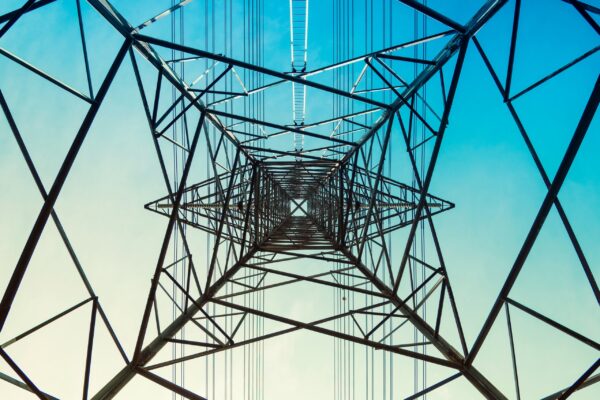
Power prices spike: Conflict between Ukraine and Russia
At the start of week (w/c 3rd March) we saw power prices spike (W14 was up £3/5.6% since Fridays close) on the news of conflict between Ukraine and Russia over the Crimea region. The reported threat of military assault caused gas prices to rise over fears that a key Russian pipeline that flows through Ukraine, accounting […]
At the start of week (w/c 3rd March) we saw power prices spike (W14 was up £3/5.6% since Fridays close) on the news of conflict between Ukraine and Russia over the Crimea region. The reported threat of military assault caused gas prices to rise over fears that a key Russian pipeline that flows through Ukraine, accounting for 30% of mainland Europe’s supply, would be cut off. Oil also jumped $4 on this threat as speculators took hold of the market.
It transpired very quickly the market spike was an overreaction as no military assault came to fruition and the gas remained flowing into Europe. Coupled with high gas stocks in Europe from a mild winter, prices had retreated nearly all the way back to Fridays close by mid-week. Reports of warmer weather also applied some bearish sentiment to the prompt gas market.
Towards the end of the week prices started to steadily increase as speculators once again returned to the market over the uncertainty between Ukraine/Russia relations. Russia has a set a deadline of March 7th for Kiev for its $2 billion energy bill. Thursday also saw the Langeled pipeline reduce flows due to a field outage, switching the UK gas system short before ramping back up to full flows on Friday.
Outlook
Warmer than seasonal normal weather is still being forecast for March and it is expected that any possibility of a harsh cold snap arriving has now been eradicated. With the current high levels of gas storage we should see less volatility and a slight softening of gas prices due to greater security of supply and lower demand.
Carbon has rallied back above €7 per tonne after falling back €0.70 last week. This is keeping the future power seasons buoyant and is expected to increase should the back loading proposals be approved later this month. This could lift future seasons but any rise is currently being offset by cheaper gas and coal prices limiting any rises on the power curve.
Proposals around freezing the carbon floor tax in the UK looks set to become reality in the Chancellor’s statement this March which will steady any future gains on the curve. The sentiment of this action has mostly already been factored in to the market.
The Risk Management Team
T: 01772 689 250










